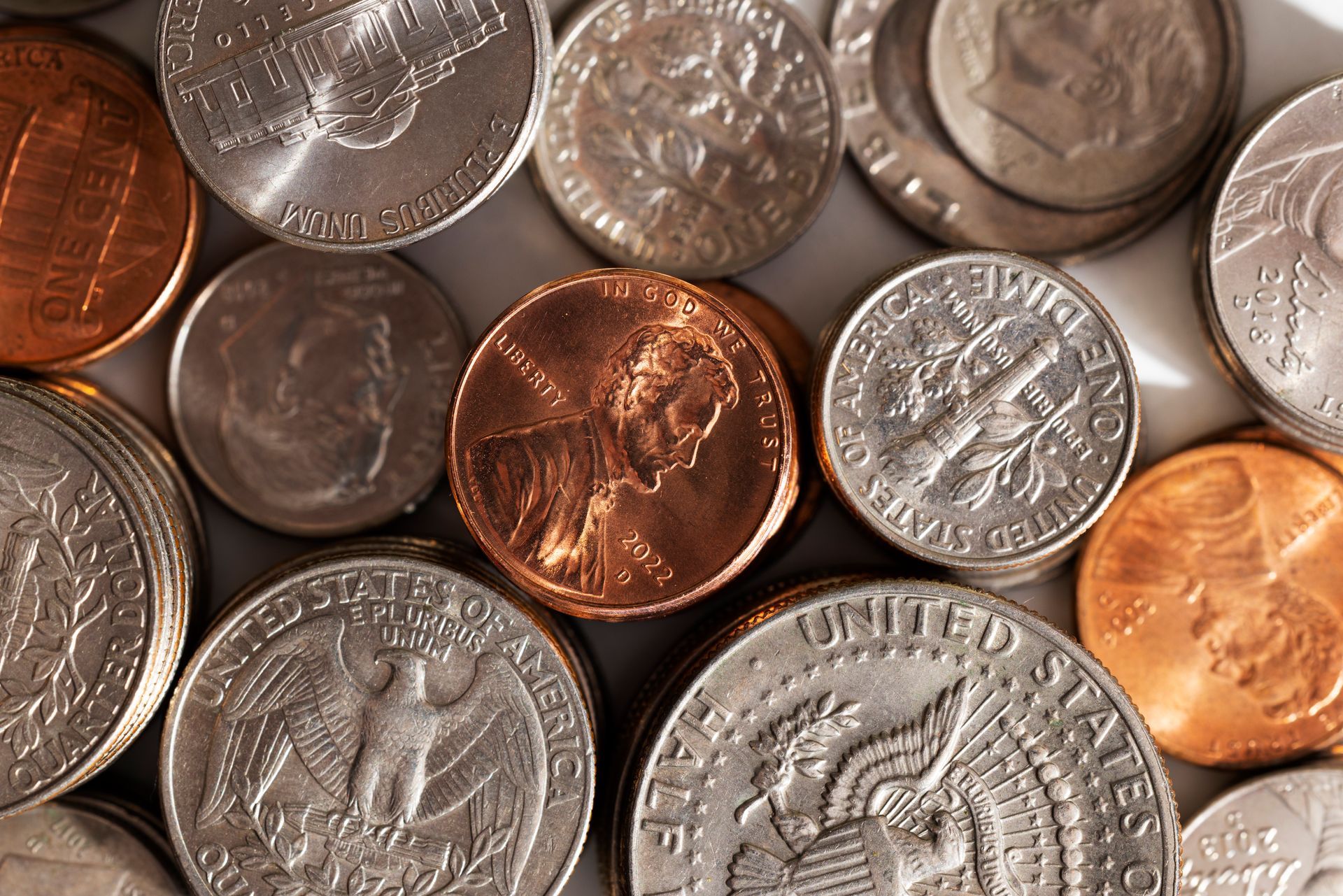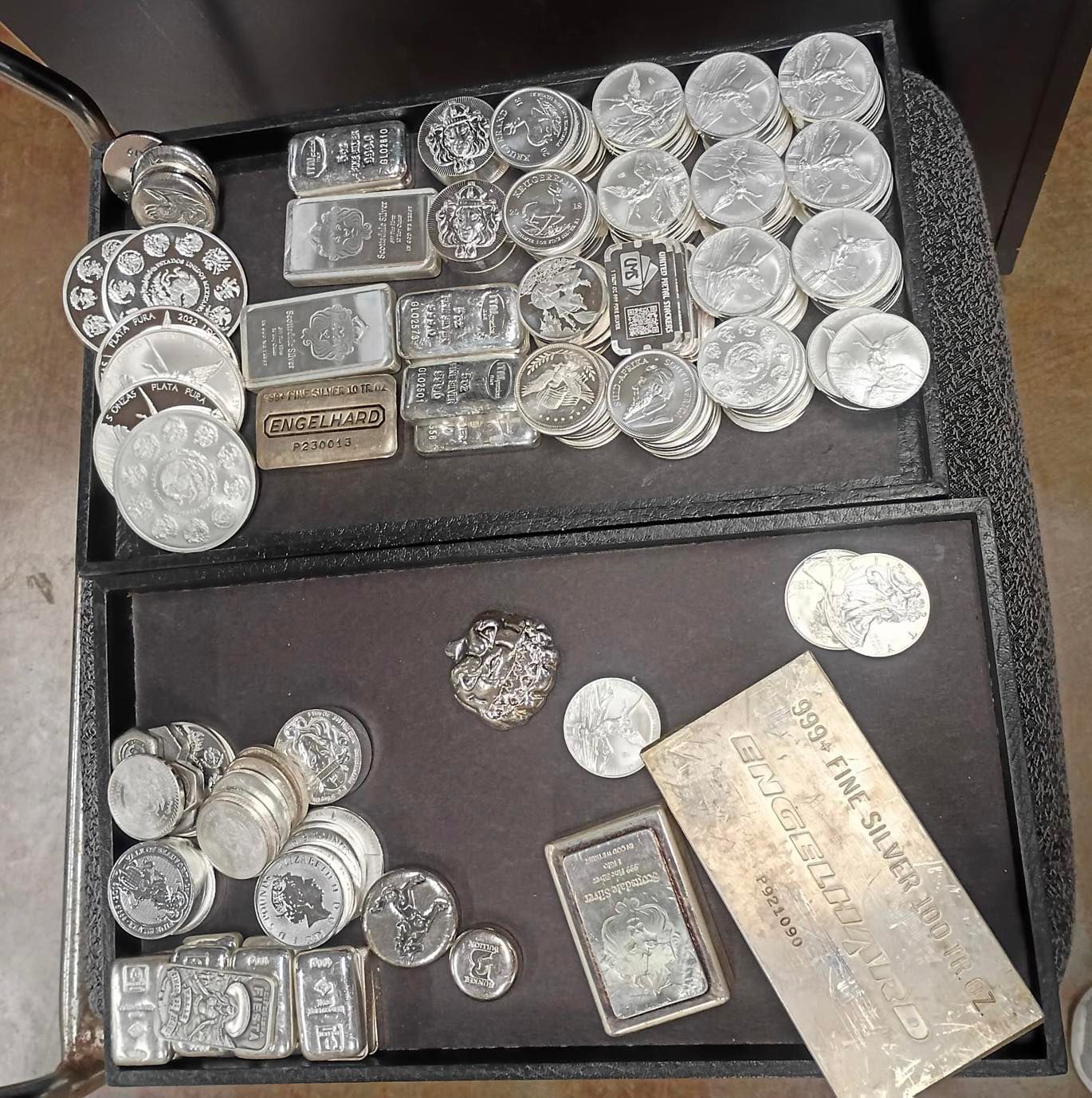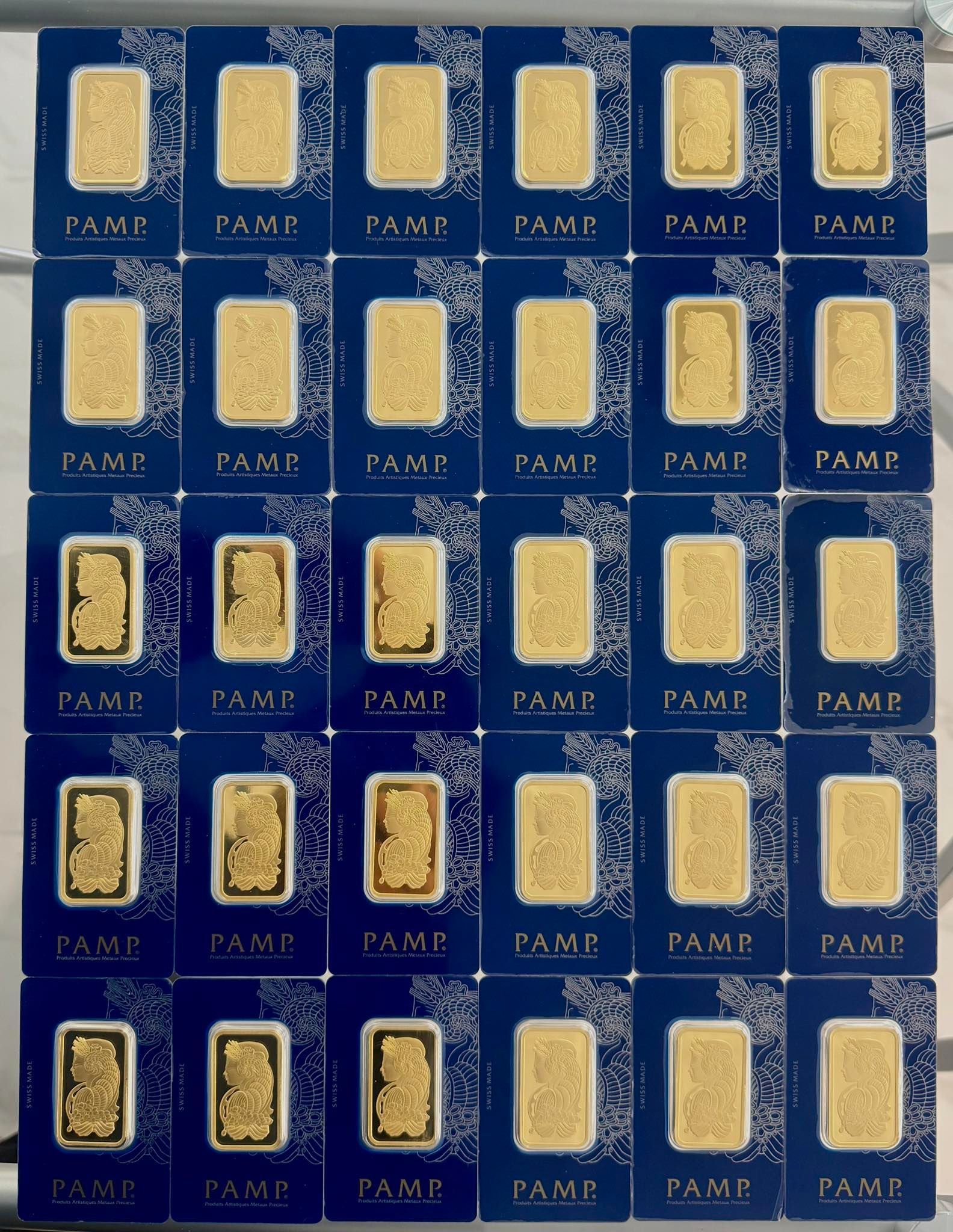A Collector’s Guide to Understanding Rare Coins and Their Value

Table of Contents
- Why Collecting Rare Coins Still Captivates Us
- What Really Drives Rare Coin Values
- How Professional Coin Appraisal Works (And Why It Matters)
- Our Personal Coin Collecting Guide for Beginners and Seasoned Collectors
- Protecting and Preserving Your Coins the Right Way
- Where We See the Future of Coin Collecting Headed
- Wrapping It All Together
Key Takeaways
- Rare coin values depend on rarity, condition, demand, and history, not just shiny metal.
- A professional coin appraisal protects you from overpaying, undervaluing, or mistaking counterfeits for the real deal.
- Following a thoughtful coin collecting guide ensures your collection grows in both meaning and market value.
- With the right strategy, collecting coins can be both a passionate hobby and a smart investment.
Why Collecting Rare Coins Still Captivates Us
We’ve met countless collectors over the years, and no two stories are the same. Some people start coin collecting because they inherited a small box of old change from their grandparents. Others stumble into it after buying a few silver dollars at a flea market and realizing there’s a bigger world behind those little discs of metal. For many, exploring what we buy and sell becomes the first step into this rewarding hobby.
What keeps collectors hooked is the mix of history, artistry, and yes—the potential value. A coin is more than a piece of currency. It’s a piece of time. It tells you who was in power, what events shaped the era, and in many cases, what kind of economy people lived in. That’s why collectors love diving into rare coin values—because the worth isn’t just financial, it’s cultural.
In this guide, we’ll walk you through the same principles we use every day at Acadiana Gold Exchange. Our goal isn’t to overwhelm you with technical jargon but to give you the tools to feel confident whether you’re buying, selling, or simply holding onto coins you already own.
What Really Drives Rare Coin Values
When someone walks into our shop with a handful of coins, the first question is always the same: “What’s this worth?” The answer isn’t simple. There’s no universal price tag, and that’s part of the excitement—and the challenge.
Rarity and Mintage Matter Most
Coins that were produced in limited numbers naturally tend to be more valuable. Think of them like vintage cars: the fewer there are on the road, the more collectors want one. A good example is the 1913 Liberty Head nickel. Only five are known to exist, and they’ve sold for millions.
Condition Changes Everything
Let’s say you have two coins from the exact same year and mint. One is crisp, detailed, and nearly flawless. The other is worn, scratched, and faded. The value difference can be staggering. That’s where grading comes in. A coin in Mint State can be worth ten or twenty times more than one that’s heavily circulated.
Historical Weight
We’ve seen coins from the Civil War era sell not because they were made of silver or gold but because of what they represented. Collectors want to hold history in their hands. Coins tied to significant events—wars, political shifts, or monarchies—often have a built-in demand that keeps their values strong.
Precious Metal Content
Not every coin is rare, but if it’s made of gold, silver, or platinum, it will always carry at least its melt value. This is why old silver quarters or gold double eagles remain popular: they offer both collectible and intrinsic value.
Demand Fluctuates
The coin market has cycles. Sometimes Morgan dollars are hot; other times, collectors flock to early Lincoln cents. Like any market, rare coin values shift with trends, availability, and cultural interest. That’s why staying informed matters if you want to buy or sell wisely.
How Professional Coin Appraisal Works (And Why It Matters)
If you’re serious about coins, you can’t rely on guesswork. We always encourage people to get a professional coin appraisal before making big decisions.
Here’s what typically happens during an appraisal:
- Authentication comes first. Counterfeiting has been around for centuries. We’ve seen everything from crude forgeries to sophisticated replicas. A good appraiser has the eye and tools to spot the difference.
- Grading follows. Condition drives price, so determining whether a coin is Fine, Extra Fine, or Mint State is critical. Professional grading standards remove much of the guesswork.
- Market analysis seals the deal. We don’t just look at a coin in isolation. We compare it to recent auction sales, dealer listings, and market demand to determine a fair value.
The result? You walk away with more than a number. You get peace of mind. Whether you’re insuring your collection, preparing to sell, or just curious, a documented coin appraisal puts you in control.
Our Personal Coin Collecting Guide for Beginners and Seasoned Collectors
Over the years, we’ve shared advice with collectors ranging from beginners to experts. Here’s the framework we often recommend:
Start with What Interests You
Don’t chase coins just because they’re popular right now. Instead, build around a theme that excites you. Some collectors love U.S. silver dollars. Others chase ancient Roman coins. A focused collection tells a story, and that story adds meaning.
I’ll give you an example. A client once came in with a collection of nothing but coins from the 1800s depicting ships. It wasn’t the most valuable collection in the world, but it was fascinating—and the personal theme made it priceless to him.
Learn the Basics of Grading
Even if you leave the final word to professionals, having a working knowledge of coin grading protects you. It helps you spot opportunities and avoid mistakes.
Buy Smart, Not Fast
We’ve seen newcomers jump in too quickly and overpay for common coins. The best advice? Take your time. Learn, ask questions, and buy from trusted dealers who stand behind their sales.
Build Connections
Join a local coin club, attend shows, or simply connect online. Coin collecting is a community-driven hobby. Other collectors will share insights you won’t find in books.
Keep Records of Everything
When you buy a coin, hold onto the paperwork. Receipts, grading certificates, and even dealer notes matter. Not only does it help track rare coin values, but it also protects you if you ever decide to sell. For those considering selling in the future, you may even be able to turn your coin collection into a home down payment.
Protecting and Preserving Your Coins the Right Way
A coin’s worst enemies are moisture, mishandling, and improper storage. We can’t tell you how many times someone has brought in coins they “cleaned” with good intentions, only to discover they’d cut the value in half.
Here’s what we recommend:
- Store coins in protective holders or capsules.
- Keep them in a cool, dry place away from direct sunlight.
- Handle coins by the edges, never the faces.
- Never clean coins with chemicals or polish.
It sounds simple, but these steps make a huge difference. A coin’s condition is one of the biggest drivers of its value, and preservation is the key to long-term collecting success.
Where We See the Future of Coin Collecting Headed
The world of coin collecting is changing. Online marketplaces and digital auctions have opened the door for global participation. That means more opportunities to buy and sell but also more chances to run into counterfeits.
Technology is also reshaping how coin appraisal is done. High-resolution imaging and even AI-driven grading tools are emerging. While nothing replaces an experienced eye, these tools add extra layers of confidence.
Looking ahead, we believe coins that reflect major cultural and political moments of the 20th and 21st centuries will gain attention. For example, early space-era coins or limited-mintage commemoratives tied to global events may become tomorrow’s rarities.
For collectors, that means one thing: the hobby isn’t fading. It’s evolving.
Wrapping It All Together
Collecting coins is a journey that combines history, artistry, and investment. Understanding rare coin values isn’t about memorizing price guides—it’s about recognizing the forces that shape value: rarity, condition, demand, and story. A professional coin appraisal gives you clarity, while following a structured coin collecting guide keeps your collection meaningful and valuable.
At the end of the day, it’s not just about money. It’s about enjoying the process, connecting with history, and holding onto something real in a world that moves fast.
If you’re ready to get a clear picture of what your collection is worth—or if you’re just beginning and need some direction—we’d be happy to help. Contact us today at Acadiana Gold Exchange to get started.
We’ve spent years helping collectors and investors uncover the stories and values behind their coins, and we’d be honored to do the same for you.
Frequently Asked Questions
How do we determine rare coin values?
We look at rarity, condition, demand, and history when evaluating rare coin values. By combining these factors with current market trends, we can give you an accurate idea of what your coins are truly worth.
Why should we trust a coin appraisal?
A professional coin appraisal gives us peace of mind by confirming authenticity, grading condition, and comparing with market data. This way, we protect ourselves from overpaying or undervaluing our collection.
How does your coin collecting guide help us?
Our coin collecting guide helps us focus on building a meaningful collection, avoid costly mistakes, and learn the basics of grading. It ensures we grow our collection with confidence and knowledge.
Can we increase value through coin collecting?
Yes, by following a coin collecting guide and getting a proper coin appraisal, we can track rare coin values over time and make smart decisions that strengthen both the historical and financial value of our collection.
When should we get a coin appraisal?
We recommend a coin appraisal before selling, insuring, or expanding our collection. This helps us stay informed about rare coin values and ensures our investments are protected and accurately valued.



